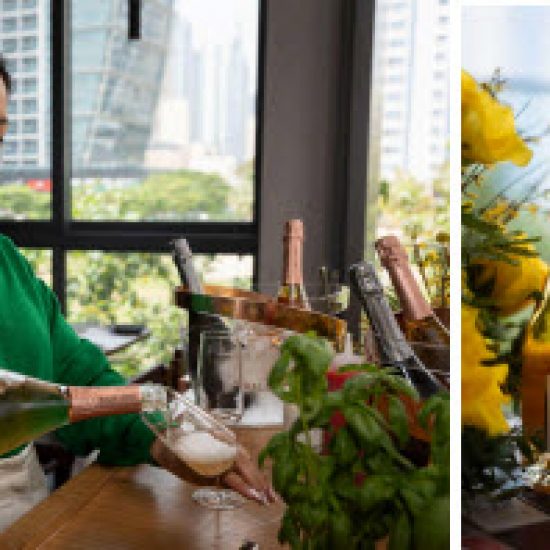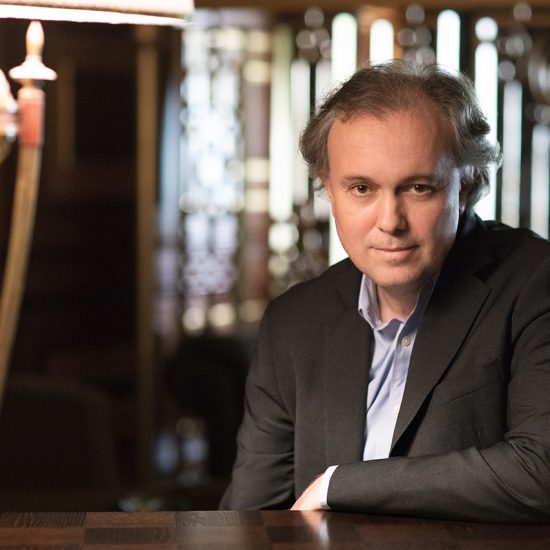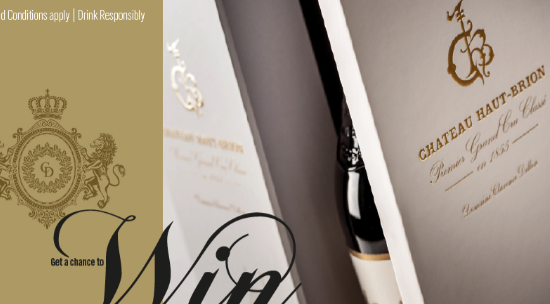
In September 1982, I was a wide-eyed, curious, and enthusiastic first-year undergraduate at a British university. I was excited at the prospect of getting involved in student life, and spent the first week joining societies and clubs that appealed to my interests. I joined the Overseas Students Association, the Arab Society, the Soul and Jazz Funk Society and the Indian Society (they make the best food and have the best parties).
As the time to choose the officers of the societies came up, I was encouraged to put my name forward for the Arab Society. Being from the GCC I was a minority amongst the Arabs on campus (at the time, there were about five from the GCC, and my sister was one).
It was the first time I had stood for any election, and I won (granted, the field was thin, but it felt great anyway). Five of us were elected to the managing committee, and the bylaws were such that we were elected to the committee, and not any particular role. That was a decision we were supposed to make amongst ourselves.
We chose a young Jordanian, Samer, to be our president. He was reading law, and was intelligent, articulate, funny, and had a vision of the role of the society to promote Arab culture as well as political causes. We were then required to share our assignments with the wider society members who were still waiting in the main chamber. That is when my first full frontal collision with the evil realities of the world took place.
As soon as we announced the assigned roles, a gentleman at the back said it would not be acceptable for the Arab Society to be led by Samer, as he was a Christian.
To say that I was shocked would be an understatement. To be honest, I wasn’t aware that Samer was a Christian, and to be even more honest, I didn’t care. I had been raised in the UAE, where we were taught that what mattered was what you contributed, and nothing else.
I recognised the gentleman as one of the bearded chaps who had tried to entice me to join the Islamic Circle. While the Islamic Circle was not representing the official Muslim Brotherhood, it was representing the ideals and principles of the party. I had been warned about the Muslim Brotherhood from my late father.
Needless to say, we insisted that Samer continue as president, since we were a social and cultural organisation, and that the definition of an Arab extended beyond Islam.
My first brush with the Muslim Brotherhood had been a frightening look into the abyss where tolerance and acceptance were sacrificed for an ideology that had no substance at its core, but bigotry and racism.
Ammar Shams has a degree in economics and postgraduate degree in law, with a focus in Islamic law.
If you have a good story to tell or an interesting issue to debate, contact Ashley Lane on [email protected].








